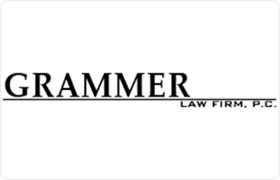Coward DUI-DWI Lawyer, South Carolina
Sponsored Law Firm
-
 x
x

Click For More Info:
-
Grammer Law Firm, P.C.
1700 Oak St Conway, SC 29526» view mapCriminal Proudly Serving Horry County
You need an attorney with criminal defense knowledge who will vigorously protect your rights and interests.
800-957-8401
Mark V. Desser
Traffic, White Collar Crime, DUI-DWI, Criminal
Status: In Good Standing Licensed: 35 Years
James T. McBratney
Family Law, Divorce & Family Law, DUI-DWI, Criminal, Accident & Injury
Status: In Good Standing Licensed: 51 Years
Rose Mary Parham
Income Tax, Landlord-Tenant, Child Custody, DUI-DWI, Medical Malpractice
Status: In Good Standing
Bryan Wesley Braddock
Employment, Divorce & Family Law, DUI-DWI, Accident & Injury
Status: In Good Standing
Elizabeth A. Battle
Traffic, Family Law, Divorce & Family Law, DUI-DWI, Criminal
Status: In Good Standing
 William Grammer Myrtle Beach, SC
William Grammer Myrtle Beach, SC AboutGrammer Law Firm, P.C.
AboutGrammer Law Firm, P.C. Practice AreasExpertise
Practice AreasExpertise
